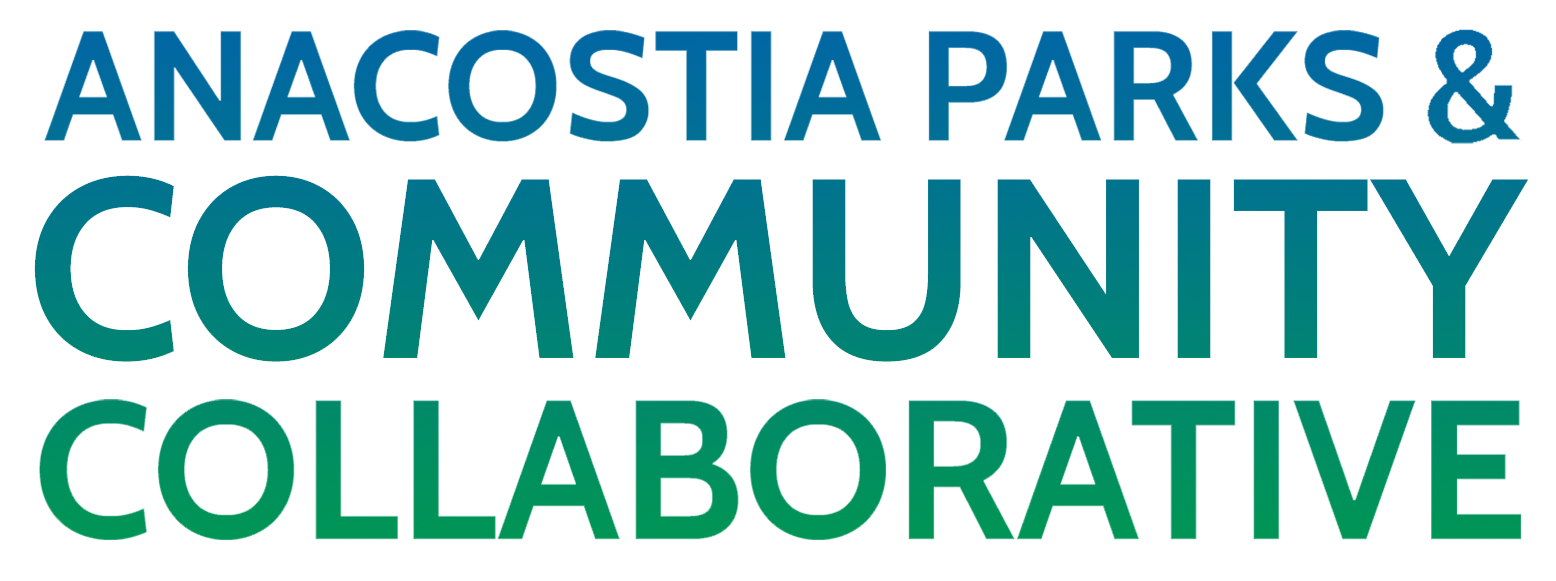Women Like Us: The Uplifting Power of Nature Starts with People
Erin Garnaas-Holmes is the Ambassador to the Urban Waters Federal Partnership for the Anacostia Watershed and writes a monthly blog post on the Anacostia Park and Community Collaborative website.
At a time when stress is high for everyone, the pressures on people living in disfavored communities during this pandemic are even higher. And while parks provide a safe place to get out of the house, see friends and stay active (with masks and distance), park agencies and nonprofits that run park programs have all scaled back this year in light of COVID-19.
But the pandemic hasn’t stopped Brenda Richardson, Akiima Price, Karol Gilmore and Rosetta Greer from finding a new way to use the parks to support people during this crisis. Recognizing the need to unlock more of the healing and uplifting power of nature-based experiences for people experiencing trauma, Brenda’s Chozen Consulting launched “Women Like Us” this past fall. Women Like Us was an 8-week initiative to provide a sacred place for women from disfavored communities who are seeking to improve their mental health through nature-based trauma informed care programming.
The 10 graduates of this program are now familiar with Anacostia Park and with several nature-based programs and engagement tools. Several are even prepared to become members of an Anacostia Park “Community Corps” working in parks along the river. But at its launch, “Women Like Us” did not focus on the outdoors, parks or environment. Instead, Brenda and the team focused simply on working with the participants as human beings.
The women were recruited from public housing in Wards 5, 6 and 8, and each offered a $200 stipend to complete the program. They committed to two virtual meetings every week. Some women were hesitant to participate, but they “were seeking some solace from their daily confrontations with some form of trauma and they were exhausted. Other women were so grateful to be interviewed that they cried and wanted desperately to be considered because they had no place else to turn.” (Read the summary report by Chozen Consulting here).
“Another participant found the flyer on the window shield of her car. Some women who received the flyer shared it with their friends and relatives. They were all pleasantly surprised to learn that something like this was available to them. Many of them had never really thought about their interest in the environment. One candidate shared how she loved waterfalls. Some of the other women said that they noticed trees but never realized the benefits of them.”
The initial draw to this program for the participants was less about nature, but instead the call for people seeking to improve their mental health through nature-based programs. What participants sought was new community, new connections and support to help to overcome trauma, neglect, disrespect and challenges in their lives.
Women Like Us also hosted three webinars that were open to the public. I participated in one on “Forest Bathing,” or the practice of immersing yourself in forest/green areas to help reduce stress. (A very helpful tool for healing during a very stressful year!) The others included presentations by social workers and community leaders and focused on trauma-informed approaches to engaging stressed populations, and best practices for environmental programming when engaging disfavored communities.
Now that the program is complete, several of the women are prepared to take on work in the parks, serving as event hosts, greeters, organizers, planners, guides and more as members of an Anacostia Park Community Corps. Akiima Price, community liaison for Anacostia Park, has been working with the National Park Foundation to help establish a Friends Group for the park, and this model could become a core component of how the park can meaningfully assist oppressed people who can in turn provide needed assistance to the park.
The “return on investment” that park managers and environmental program providers get from engaging with people in stressed communities or who have experienced trauma doesn’t come right away, though. People (like me) who want to find ways that parks can help people in need don’t get the satisfaction of checking a box at the end of one program or meeting. Instead, we need to start (and continue working) at the people end: meeting people where they are, focusing on immediate needs and concerns, and spending time to build honest relationships before diving into the details of “nature” like habitat restoration, ecology, wildlife facts, etc.
“The women have grown to appreciate the beauty of being a woman who is wonderfully and beautifully made. Each one of them is a masterpiece of great value. It is our hope that through this 8-week mental health bootcamp that they have made a transformation into recognizing and acknowledging their worth. They have also established a loving relationship with nature.” - Chozen Consulting


